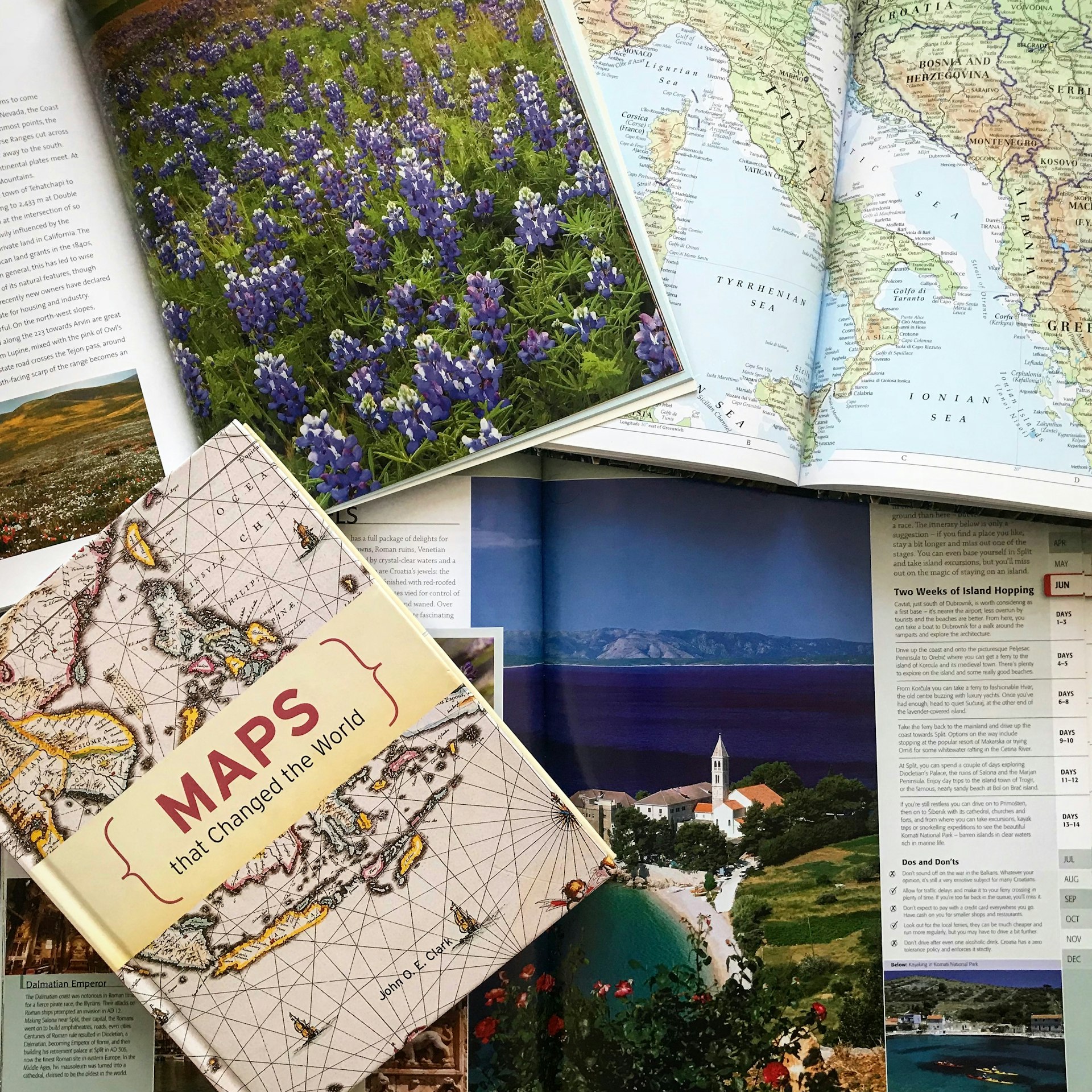Essential Safety Guide for Travelers: Visiting Paris in 2025

Photo by Nghia Luong on Unsplash
Understanding Safety in Paris: What You Need to Know for 2025
Paris, the City of Light, continues to be one of the world’s most iconic destinations for travelers seeking art, culture, cuisine, and history. Yet, with ongoing questions about security, protests, and crime, many visitors wonder: is it truly safe to travel to Paris in 2025? This guide analyzes the current situation, official advisories, and offers step-by-step strategies to help you plan a safe and enjoyable trip.
Current Safety Advisories and Official Guidance
According to the U.S. Department of State , France is currently classified at Level 2: Exercise Increased Caution due to risks such as terrorism and periodic civil unrest [1] . Official guidance emphasizes that while France, and Paris specifically, remain relatively safe destinations, travelers should stay vigilant, especially in crowded areas and during large public gatherings [2] .
Recent incidents, such as isolated terrorist attacks and demonstrations, have led local authorities to increase security throughout the city. Police presence is especially notable in airports, train stations, and popular tourist zones, making Paris safer than ever for visitors [3] .
Types of Risks: What to Watch For
Most crimes targeting tourists in Paris are crimes of opportunity , primarily pickpocketing and theft. Violent crime remains rare, but the risk can increase after dark or in certain neighborhoods [2] .
Occasional protests and demonstrations are common in Paris, often peaceful but sometimes unpredictable. Travelers are advised to avoid these gatherings and monitor local news for updates [3] .
Statistical Safety Overview
The Economist’s Safe Cities Index ranked Paris as the 23rd safest major city globally, ahead of other European capitals like Rome and Brussels. Paris stands at number 96 in violent city rankings, reflecting its relatively low rates of serious crime [3] . The most frequent incidents affecting travelers are pickpocketing and scams, especially near major attractions.
Practical Safety Strategies for Travelers
Staying safe in Paris requires situational awareness and simple precautions. Here’s how you can protect yourself:
- Guard your valuables : Use a secure bag, keep wallets and phones in inner pockets, and avoid displaying expensive items in public.
- Avoid certain neighborhoods after dark : Research areas with higher crime rates and plan accordingly. Central districts and tourist zones are generally safer, but vigilance is always recommended.
- Stay informed : Register with your country’s embassy (such as the U.S. Smart Traveler Enrollment Program) to receive real-time safety updates.
- Use official transport : Stick to licensed taxis, metro stations, and avoid unmarked vehicles.
- Respect local advisories : Monitor local news and follow advice during strikes, protests, or unusual events.
Case Studies: Real-World Scenarios
Consider the experience of travelers during the Paris Olympics. Despite increased crowds and heightened security, most visitors reported feeling safe, with only minor incidents of pickpocketing and transit delays. Proactive policing and clear communication by authorities helped prevent more serious issues [1] .
Another example: During recent demonstrations, city officials quickly rerouted public transportation and issued alerts through travel apps. Tourists who registered for embassy notifications and used real-time travel tools were able to avoid affected areas and continue their itineraries with minimal disruption [4] .
Accessing Official Resources and Support
To stay updated and access support while in Paris:
-
Register for STEP
: U.S. travelers can enroll in the
Smart Traveler Enrollment Program
to receive security alerts and emergency assistance. Visit the official U.S. Department of State website and search for “STEP enrollment France.” - Monitor advisories : Check the latest travel warnings and security updates at travel.state.gov .
- Use travel apps : Apps like SmartTraveler and TripIt provide real-time updates and itinerary tracking. Search for these apps in your preferred app store.
- Contact local authorities if needed : In emergencies, dial 112 for police, ambulance, or fire services-the universal European emergency number.
- Consult your embassy : Locate your country’s consulate in Paris for assistance with lost documents, emergencies, or travel advice. Search “[Your Country] Embassy Paris” for details.
Step-by-Step Guide: Preparing for a Safe Trip to Paris
Follow these steps to maximize your safety:
- Research current advisories : Visit official government travel sites and check for updates before booking your trip.
- Plan your itinerary : Map out your destinations, noting which areas are safest and planning alternatives in case of protests or strikes.
- Pack wisely : Use theft-proof bags and carry copies of important documents. Store backup digital versions securely online.
- Register your trip : Enroll in embassy programs and share your travel plans with a trusted contact at home.
- Download travel apps : Install official government and safety apps for real-time alerts.
- Stay connected : Use hotel safes, avoid sharing your location on public wifi, and keep emergency contacts handy.
- Stay alert on arrival : Pay attention to your surroundings, avoid large gatherings, and follow local advice.
Potential Challenges and Solutions
Unforeseen situations can occur, including transportation strikes, sudden protests, or increased security checks. If you encounter a strike, check for alternate transport options via official transit operator sites. During demonstrations, reroute your itinerary and stay indoors if possible. For lost or stolen items, report immediately to local police and your embassy.
Should you need medical care, Paris offers world-class hospitals and clinics. In emergencies, ask your hotel concierge for the nearest facility or dial 112.
Alternative Safety Approaches
In addition to traditional safety strategies, many travelers now rely on community forums (such as TripAdvisor) and travel blogs for up-to-date neighborhood insights. While these sources can supplement official guidance, always verify critical updates through government or embassy channels.

Photo by Jukka Heinovirta on Unsplash
Key Takeaways for Safe Paris Travel
Paris remains a rewarding and generally safe destination when travelers stay informed and plan ahead. By following official advisories, using practical safety strategies, and accessing verified support resources, you can enjoy the city’s wonders with confidence. Stay alert to your surroundings, respect local regulations, and consult official channels for help when needed.
References
- [1] U.S. Department of State (2025). France Travel Advisory – Official Security Updates.
- [2] SmarterTravel (2025). Is Paris Safe? Warnings and Dangers for Travelers.
- [3] Paris Unlocked (2025). Is Paris Safe to Visit in 2025 & Beyond? Top Tips & Advice.
- [4] Bonjour Guide (2025). France Travel Alerts 2025: What Tourists Should Know.
MORE FROM dealseekersguide.com













